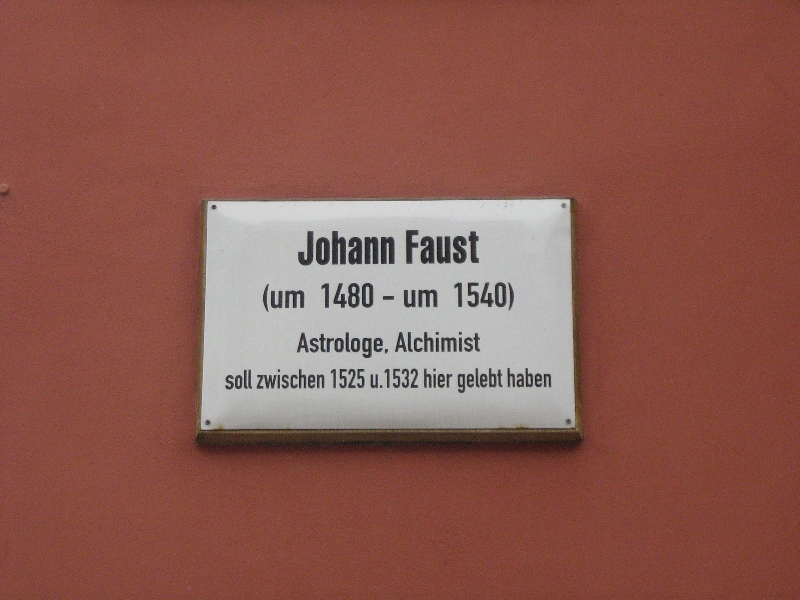Strange coincidences: Vladimir Kantor about the "Hamlet's house" in Wittenberg
At the end of 2017, Professor Vladimir Kantor published the monograph “Understand by Portraing, or Sententia sensa: Philosophy in the Literary Text”, where, as an illustration for the chapter “Hamlet as a Christian Warrior”, a photograph of a tablet on the “Hamlet’s House” in Wittenberg was published.

From the publishing annotation to the book “Understand by Portraing, or Sententia sensa: Philosophy in a Literary Text” (2017): “In the opinion of the author, there was not a single great literary work that would not be in a tense field of philosophical ideas. The real literature of this context is incomprehensible. Already Plato’s dialogues were both philosophy and wonderful literature. According to Dostoevsky, one must feel a thought. But for this there must be a thought, a philosophical context. So Shakespeare’s Hamlet is incomprehensible without reference to the text of Erasmus, Pico della Mirandola, Martin Luther, echoes ideas which are heard in the speeches of the prince." (S.Ya. Levit).
The book opens with an intriguing chapter, “Hamlet as a Christian Warrior,” which sets the same optics for the whole story.
As an illustration to this chapter, we bring to your attention a "small photo-discovery". Vladimir Kantor recalled
“When I was in Wittenberg, German friends showed me a house that is symbolically considered the Hamlet’s house. After all, the prince was studying in the town. I went closer and saw a Johann Faust sign on the house. As you know, Shakespeare’s contemporary Christopher Marlo put up in London, the tragedy of Faust. That is, Wittenberg was heard by a London audience. And here is a strange coinsidence."
